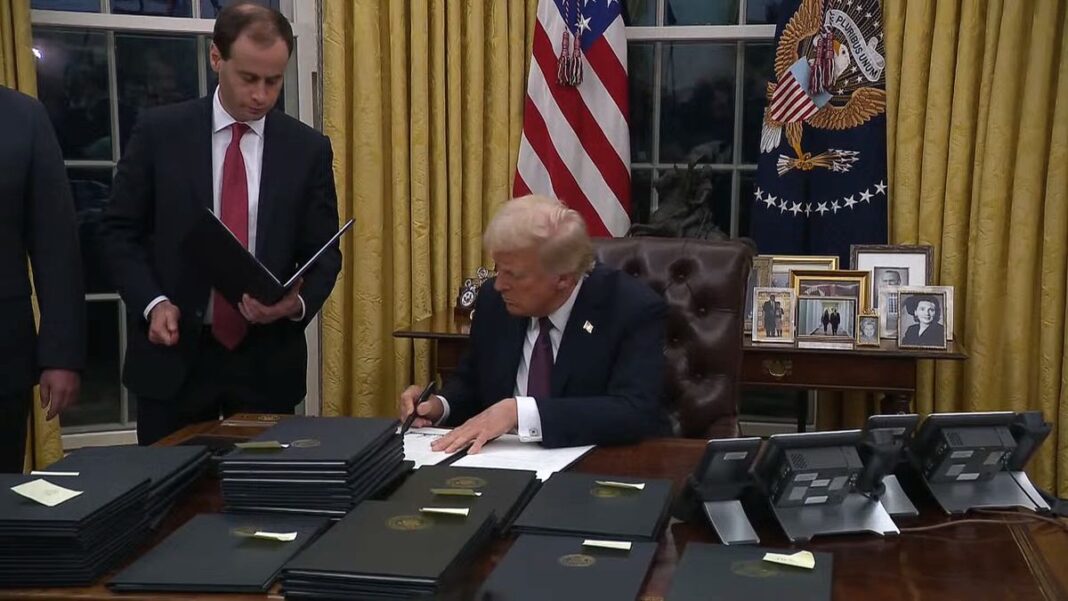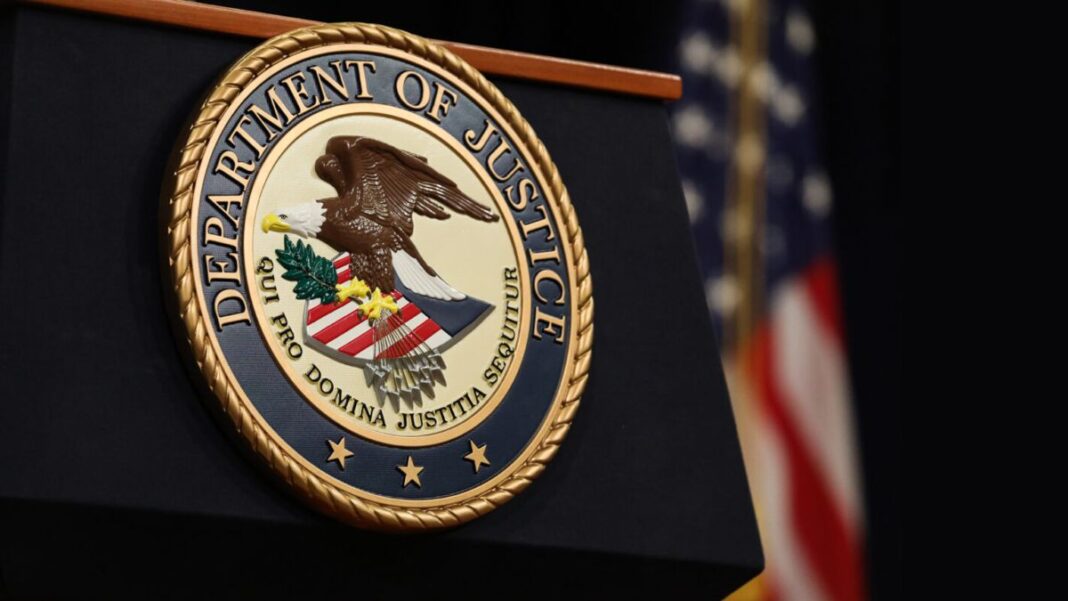The president will also work to resettle white South African farmers and their families, labeling them as refugees.
President Donald Trump signed an executive order on Feb. 7 freezing aid to South Africa, alleging discrimination against the nation’s white minority.
“The government of South Africa blatantly discriminates against ethnic minority Afrikaners,” the White House wrote in a summary of the order.
The president will also work to resettle white South African farmers and their families, labeling them as refugees, the White House added.
“As long as South Africa continues to support bad actors on the world stage and allows violent attacks on innocent disfavored minority farmers, the United States will stop aid and assistance to the country,” the summary reads.
The order also mentions South Africa’s lodging accusations at the International Court of Justice that Israel sponsored genocide in its war against Hamas.
South African President Cyril Ramaphosa signed the Expropriation Act in January, allowing the expropriation or redistribution of certain unused land. The law aims to address injustices from South Africa’s years of apartheid when black residents were stripped of their land and forced to live in places designated for nonwhite people.
Elon Musk, now running Trump’s Department of Government Efficiency, grew up in South Africa and has described the law as a threat to the nation’s white community.
Trump had said on Feb. 2 that he would freeze U.S. funding to South Africa in response to the law.
Trump accused the nation of seizing land and “treating certain classes of people very badly,” in a Truth Social post.
“A massive Human Rights violation, at a minimum, is happening for all to see. The United States won’t stand for it, we will act,” Trump wrote.
After Ramaphosa signed the law in late January, some members of South Africa’s coalition government questioned its constitutionality and suggested potential court challenges.
The nation’s government noted that special conditions must be met before expropriating land, including that it has had longtime informal occupants, is unused and owned purely for speculation, or was left abandoned.
By Jacob Burg







